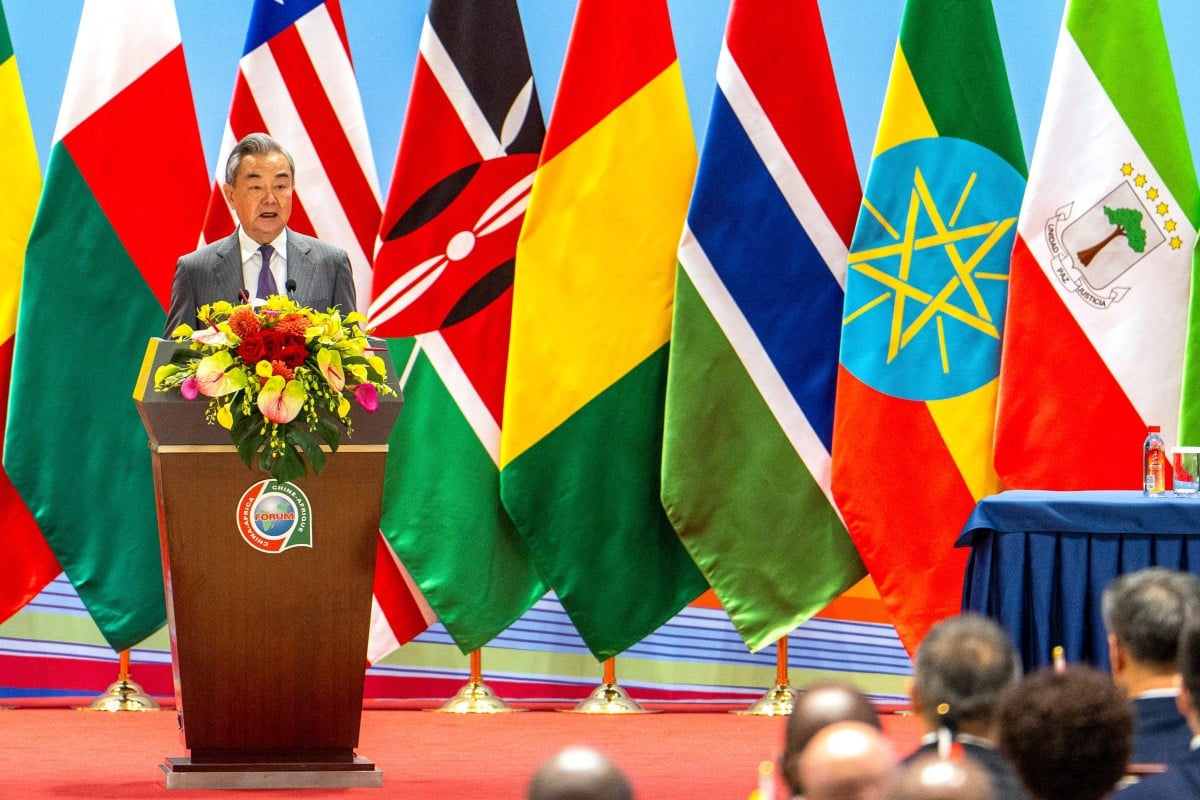China to Remove Tariffs on Goods from all African Countries - ENA English
China to Remove Tariffs on Goods from all African Countries

Addis Ababa, June 13, 2025 (ENA) -- The China-Africa Economic Partnership for Shared Development would offer duty free access to the Chinese market to all African countries.
The measure was announced as African foreign ministers gathered in central China to review the implementation of outcomes of the Forum on China-Africa Cooperation (FOCAC) held last September.
The initiative aims to facilitate greater market access for African exports, especially from least developed countries, and inject new momentum into China-Africa economic ties.
Zero-tariff treatment was only available to 33 African countries previously.
Chinese President Xi Jinping, in a letter presented to the meeting in Changsha in Hunan province, said China was willing to extend zero-tariff measures to 53 African countries with diplomatic ties to China for all items.
Twenty more African countries, mostly from the continent’s middle-income nations, are set to gain access to the world’s largest consumer market duty-free as Beijing plans to remove tariffs for all products from every African nation.
Amid the tariff war, representatives from China and African nations accused the United States of disrupting the global economic and trade order and harming the collective interests of the international community.
Beijing plans to roll out measures related to market access, inspection and quarantine, and customs clearance to boost trade.
At the same time, China would train people in Africa to help carry out the measures and expand the promotion of quality products from these nations, Xi said in the letter presented to the ministerial meeting of coordinators on the implementation of FOCAC outcomes.
Hannah Ryder, chief executive of the Beijing-based consultancy Development Reimagined, has been tracking China-Africa trade and said China’s move was “not just symbolic”. “It’s a structural shift in Africa–China trade relations,” she said.
Africa’s trade with China faced a bottleneck: tariff preferences were limited to LDCs which, along with competitive exports, created distortions in Africa’s largest trade partnership, according to Ryder.
Tariff elimination alone was not enough. “Exporters still face barriers like language, logistics and e-commerce costs,” she said.
On Wednesday, China’s Foreign Minister Wang Yi met African ministers to review the implementation of FOCAC outcomes.
A declaration released after the meeting said the tariff offer would be made available once African leaders negotiated and signed the agreement of China-Africa Economic Partnership for Shared Development with China to “welcome quality products from Africa to the Chinese market”.
Wang said in his keynote speech at the FOCAC meeting that “China will continue to expand its opening up to Africa … and provide more Chinese markets and opportunities for African development”.
China is now the continent’s largest trading partner, with total trade reaching nearly 300 billion USD in 2024.
Africa’s trade with the US was valued at just US$71.6 billion in the same period.
Ryder said the deal recognized the significance of Africa’s free-trade area. “To really diversify trade beyond raw materials, it’s necessary for the middle-income countries who already have a production base to get easier access into the market,” Ryder said.